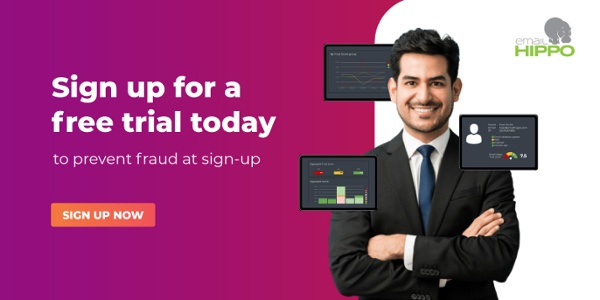
Are you playing Sherlock? How do you know who owns a URL?
The chances are if you are detecting the ownership of a URL, you’ll really be looking at the ownership of a website domain. There’s a subtle difference and the two terms get mixed up. Finding out who owns a domain is simple. Finding out who is behind content on a URL isn’t always so easy. Here’s why.
What is a URL?
A URL is the description used to isolate every uniquely accessible piece of information on the internet. URL stands for Unique Resource Locator. URLs can be easy to read and understand, or they can be undecipherable to mere humans and appear as random looking strings of characters.
Here’s a URL example; https://tools.verifyemailaddress.io/Apps/Whois is the URL for one of our app pages. It shows the domain of verifyemailaddress.io with a tools prefix and navigation suffixes of Apps/Whois.
How is a URL different from a domain?
A domain is the part of a logical URL that is a recognisable website address. In the example above, verifyemailaddress.io is the domain.
If you save and share data in the cloud, you’ll be familiar with the random string URLs that are created when you save items. Here’s one for a file saved in Google Drive. In this example, the domain is google.com, but there’s no logic to help the reader understand more about the resource associated with it.
https://drive.google.com/drive/u/0/folders/1rwvsrKSXxkie2qF0lVv_IcwH0iEawVLo?ogsrc=32
If you tried to find who owned the resource at this URL, you wouldn’t get further than Google.com.
Why the domain is important
To be visible online every website needs a domain. It’s like every house needing an address, or every phone needing a number.
Since 1999, every domain must be registered with an organisation known as ICANN. (Internet Corporation for Assigned Names and Numbers). Once registered, every domain is traceable to the owner of the domain, via domain registers. These are like phone directories for the internet.
Depending on how much data the domain owner makes public, a simple check on a domain register can provide you with details about who owns the domain, along with details for technical, legal and emergency contacts amongst other technical information relating to the domain. The registers that store information about who own domains are maintained by domain registrars; these organisations liaise with ICANN and collect data about ownership from domain registrants when they register new domains with ICANN.
How to find who owns a URL
To find who owns a URL you need to identify the domain within the URL and find a reputable provider of data that offer a free tool for domain checking. Enter your domain and wait to see the results.
If you have an ongoing need to find who owns URLs, you’ll need to subscribe to use an API, or provide a list of URLs to be checked as a bulk data service.
Be aware!
Not all domain registrars (remember, there are thousands of them) list data in the same order, so if you check multiple domains you won’t necessarily be able to compare results ‘like for like’. If you need data about who owns URLs you’ll need to use a reputable API that interrogates the top domain registers and returns the data in a machine readable format. These APIs are typically referred to as WHOIS services. Ours is in the link below. If you’ve got a URL in mind and you have the domain, you’ll know in just a few seconds who owns it.
So there you go, now you know how to go and find that URL owner!
Check email domains with Email Hippo
A website domain is a key component of an email address. ASSESS checks whether a domain contains gibberish or profanity (in multiple languages) and if it’s associated with the dark web or has been blocked and for what reason. Deep assessment on domain data such as when and where it was registered, the existence of subdomains, infrastructure security and location all influence whether an identity associated with a domain can be trusted. Additionally, ASSESS uncovers domains that are traffic-traps, used to collect traffic and generate cash from advertising, spam and are a source for phishing fraud.





